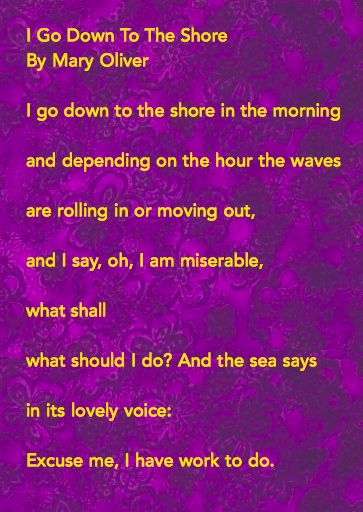Today, I had the opportunity to visit the grave of the Klausenberger Rebbe, Yekusiel Yehuda Halberstam, in Netanya. (You can read more about this amazing person here.) People often are a bit surprised by my visits to these graves. So friends and family, here are five reasons, that I, a fairly rational and well educated adult, schlep in the heat of the day, in the snow, rain, and once with an entire army escort to the graves of the righteous:
1. These visits connect me with the history of my people. In this connection, I forget about my own personal preoccupations and worries and am reminded of these big picture thinkers. The Klausenberger Rebbe lost everyone he loved to the hands of the Nazis. Yet he never faltered because he kept his eyes on the big picture: building and strengthening the Jewish people. His legacy is testimony that he had what it takes to get the job done. That’s the kind of power that I need to recharge myself with.
2. These holy sites bring me into contact with people who I might never see or meet otherwise. Let’s be honest here: those of us who go to grave sites are usually in a pretty raw state. We’re there because we’re in contact with life in it’s hard times. We want something special; perhaps God forbid, we’re up against a life threatening challenge. So when we speak with each other at the grave site, we really listen and speak from the heart. As someone whose profession requires me to be opaque, it’s nice to have a place where I can let it out and not be thought of as crazy or worse, ‘unprofessional’.
3. Call me crazy but I believe that there are special heavenly access points. Of course, prayer is heard wherever one utters it. There’s no need to schlep to Netanya or to Cambria Boulevard in Queens or to some way out village in Samaria to get one’s prayer heard. Yet I know unscientifically that there are places where prayer has greater power. A marriage ceremony is one such access point. A bris is another access point. The grave site of a holy person is another. Perhaps it’s my own strengthening of faith and commitment that ‘energizes’ the prayer; perhaps it’s some mystical dimension that is way beyond my comprehension; perhaps it’s a combination of things. Who knows? Yet I feel that, akin to hitting a baseball with an aluminum bat, there’s something special to praying at these grave sites.
4. It’s my way of sticking my thumb at the tyranny of rationalism. This isn’t meant as an endorsement of paganism but I’m a bit tired of the hyper rationality of contemporary orthodox Jewish life. We’ve gotten so cerebral and logical that aside from turning our intellects into supreme beings, we’ve gutted the rapture and joy of pure spirit. So I go to to these grave sites to disconnect from that. Do I pray to the dead? Of course not! But I do embrace the possibility so eloquently stated by the Arthur C. Clark (he wrote 2001: A Space Odyssey among many other books), ‘the universe is stranger than we imagine; indeed it is stranger than we can imagine’.
5. Cemeteries are usually beautiful, quiet places. What’s not to love about a nice place to sit?
And here’s a bonus reason for visiting the graves of the righteous: Judaism recommends it. From Caleb’s visit to the tomb of the patriarchs all the way to the Lubavitcher Rebbe’s a’h weekly visits to the grave of his ancestors, good old Judaism, the one which has endured all these years, puts great emphasis on visiting the graves of the righteous.
So in the merit of all the holy ones, both living and passed, may we all have a wonderful new year.







